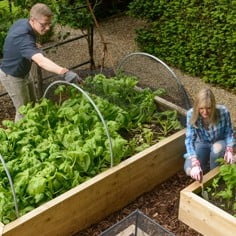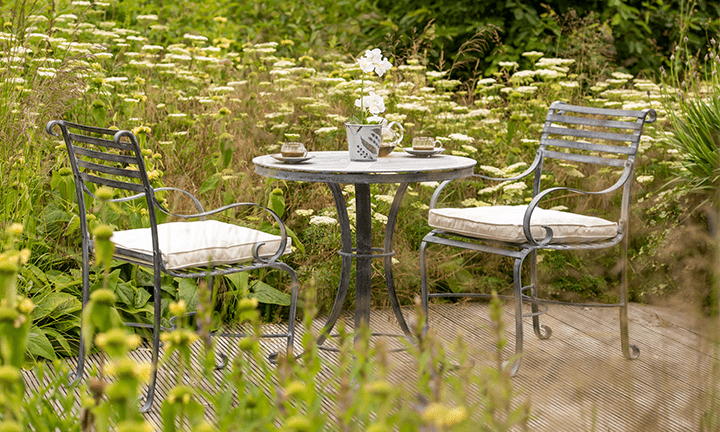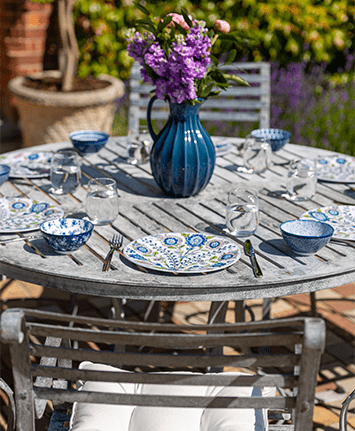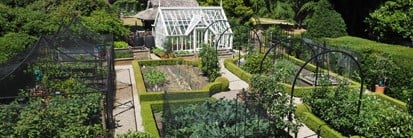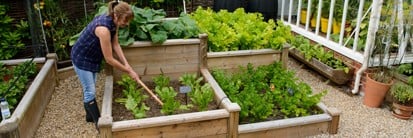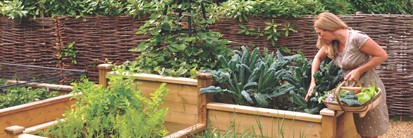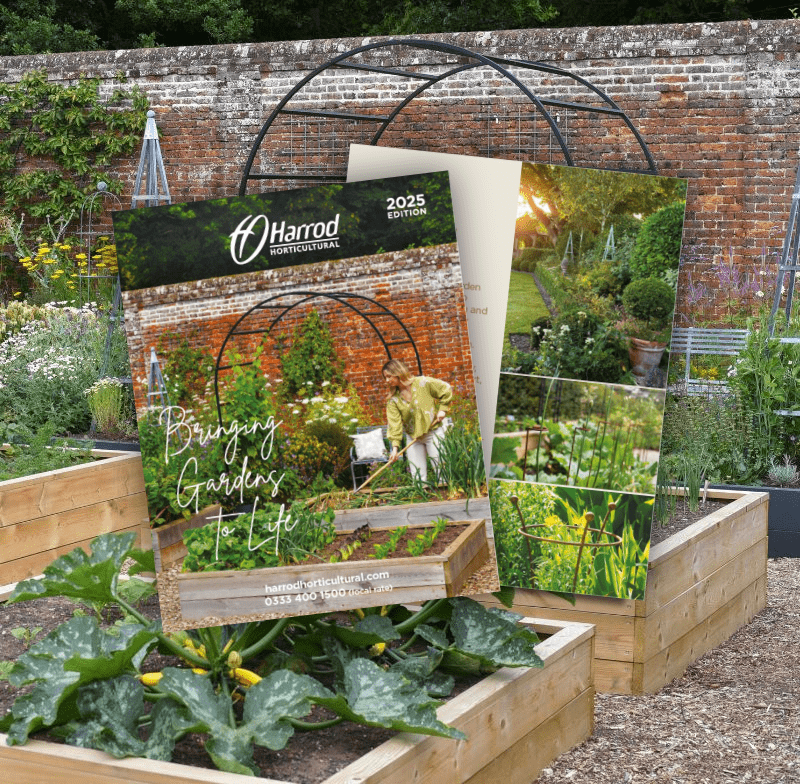They’re a great help in the garden, are both endearing and lovable, they’ve been mentioned in works of Shakespeare and far too many perish under the wheels of a car – all good reasons why we should be helping the hedgehog this winter.
It’s during the next two months that the vast majority of British hedgehogs will be preparing to hibernate for the winter. To the envy of most of us, they will settle down to sleep in November and not awake until spring is upon us. Some lucky hogs – presumably in Cornwall, or possibly Devon – may stay awake if temperatures do not drop and food is available, but for the rest of the country’s population, it’s lights out.
Getting ready for a 5 to 6 month nap is not without its difficulties, however. Hedgehogs like to make their hibernacula (hibernation nest) in piles of leaves, branches, in compost heaps and bonfires and under timber outbuildings and sheds. These sites can often be difficult to find or potentially hazardous, and if a hedgehog is awoken after a period of hibernation, it can prove fatal. They need a quantity of dry leaves to line their nest, but it’s good horticultural practice to clear up leaves and piles of branches.
So what can we do to help the hog prepare for hibernation and find a suitable site? A hedgehog weighing under 0.5kg is unlikely to survive the winter in hibernation, so putting out food at this time of year can only help to fatten up some of the smaller hogs – meat-based pet food, peanut butter and even cereals are the most popular dishes on the menu – and a saucer of water is also most welcome to wash the meal down. Perhaps the best solution to the problem of finding a suitable site is to provide a hedgehog house – a custom-made winter des.res, designed to keep our prickly friend warm, dry and safe during the coldest months of the year.
But why would we want to go to all this trouble? Part of the answer is the benefits a healthy hedgehog population brings to the garden, and the other must be the underlying British trait of helping cute animals. The hedgehog really is a good friend of the gardener, and during its nocturnal forages in the spring and summer will consume caterpillars, beetles, slugs and other garden pests- absolutely invaluable! This spiny slug killing machine needs one more favour from us, however – avoid the use of toxic chemicals and slug pellets in the garden, as both can prove fatal if ingested directly, or if poisoned creatures are then eaten by the hedgehog.
The message then is simple; help this fascinating creature now and enjoy your horticultural payback next spring and summer…
UK Manufacturing since 1954






